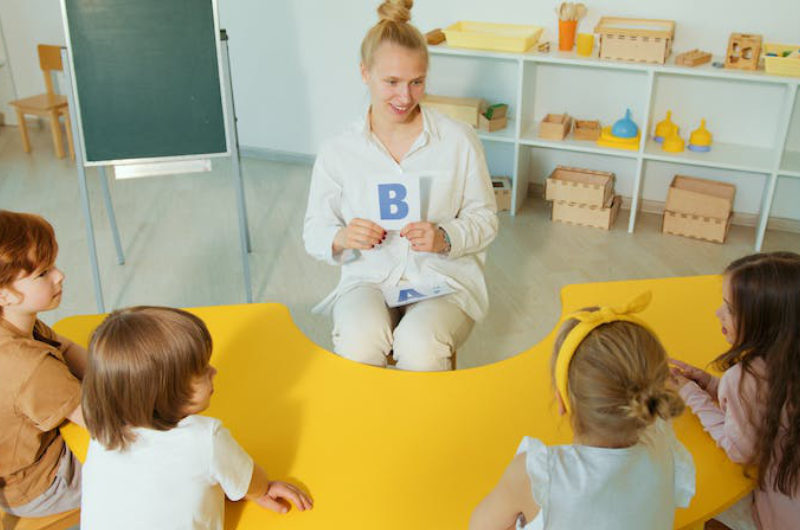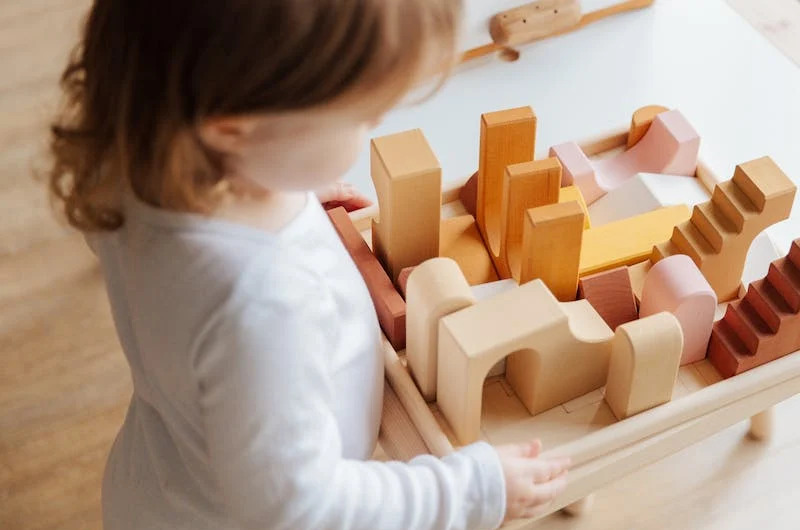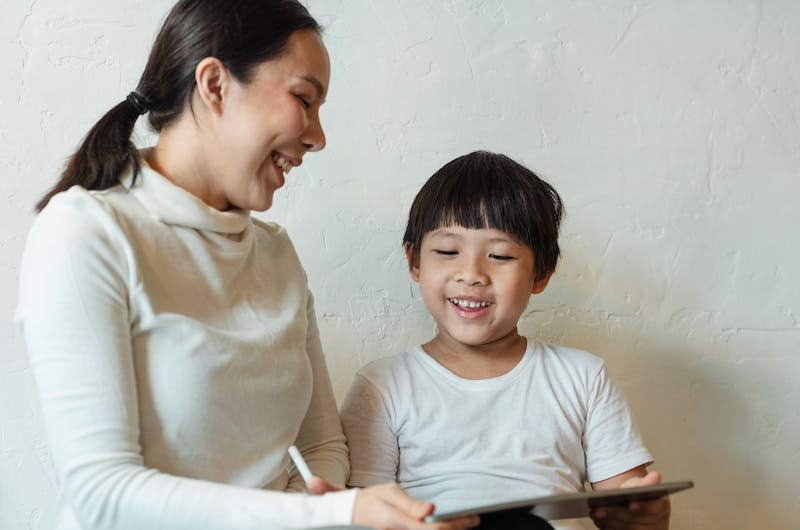
University of Bolton, Deane Road, Bolton. BL3 5AB
Tel:
Email:


“At the University of Bolton, we take great pride in providing a quality, supportive learning environment for our students.”
Professor George E Holmes DL | President & Vice Chancellor
“...tutors are very supportive and you’re not just a student ID number, at this university you are an individual with a name.”
Ellisse Vernon | BSc (Hons) Adult Nursing
Back to menu
Back to menu
Study with an Off-Campus Partner
Back to menu
Back to menu
University of Bolton, why we are the right choice
Location - Bolton, Greater Manchester

24/10/2023
The joyous giggles, the little feet racing, the inventive stories that bring flying dragons and brave heroes to life…
To the casual observer, it might seem like just another day in the life of a child immersed in play. But for those in the know, such as those studying Early Childhood Development at the University of Bolton, it's clear: playtime is the building block of early childhood development.

● Cognitive development - Children learn to think, remember, and solve problems through play. Building a tower with blocks or piecing together a puzzle can seem simple to us, but for them, it's about understanding the world and how things fit together. This is vital for developing their cognitive skills.
● Creativity enhancement - When children engage in imaginative play, they're not just having fun; they're exploring the boundaries of their imaginations. This helps nurture their creativity, allowing them to think outside the box.
● Emotional growth - Play allows children to express their feelings, understand emotions, and develop empathy. They learn to handle and express their emotions through activities like caring for a doll or playing out scenarios.
● Language skills - Engaging in play often involves communication. Whether talking with others during a game or speaking with imaginary characters, children are refining their language and communication skills.
● Physical development - Whether it’s a running game or a hopscotch challenge, playtime is also critical for physical development. These activities aid in developing motor skills, coordination, and even set the foundation for healthy habits in the future.
● Social skills - Playdates and group games are about more than just having fun. Children learn negotiation, cooperation, understanding perspectives, and conflict resolution.

We often imagine structured games with set rules when we think of play. But the unstructured, free-form play – where imagination runs wild – is equally vital. Here, children become the masters of their narratives. They can be superheroes, explorers, or even little chefs cooking up a storm. This freedom boosts creativity, self-confidence, and decision-making.
The best part? Play and learning aren't mutually exclusive. Integrating them can lead to optimal development. Imagine learning maths through fun board games or understanding science through exciting experiments.
At the University of Bolton, we champion this harmonious blend, ensuring that our Early Years degree equips students with the knowledge and passion to make a real difference.

Are you considering a rewarding career working with children? If so, the University of Bolton is here to support and guide you. We’re passionate about fostering growth – both in young children and our students.
Our courses are top in the UK for Student Satisfaction*. We combine theory with practical skills to prepare you for a career working with young children.
Ready to learn more? Reach out today at enquiries@bolton.ac.uk or give us a ring at 01204 903903. Come to Bolton and enjoy #UniAsItShouldBe in a supportive and inclusive environment.
*Complete University Guide - Student Satisfaction - Northwest - 2023, 2022, 2021, 2020, 2019.